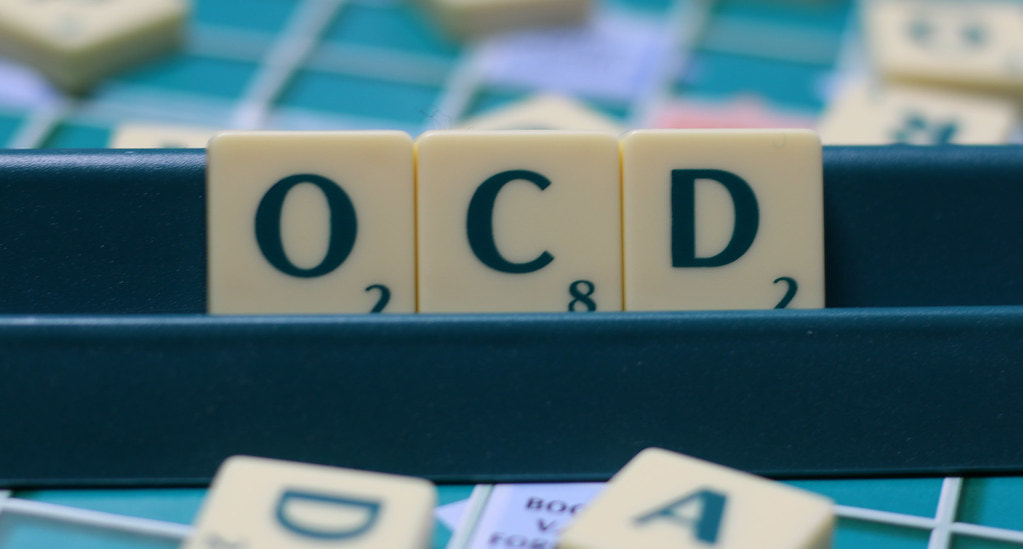|
By Victoria Comunale
If one is not confident in their knowledge before a test, they usually study. This trend—that one’s confidence and one’s actions are often linked—is true for countless other scenarios concerning decision-making and learning. Someone with obsessive-compulsive disorder, OCD, however, may find themselves in striking defiance of the trend, often to their detriment. Such scenarios can range from washing their hands countless times even though they know it isn’t improving their hygiene to checking in on loved ones excessively to ensure their safety despite countless reassurances. The compulsive actions of people affected by OCD are disproportionate, especially concerning their apparent confidence level, leading scientists to postulate that such individuals’ actions and confidence may not be linked during learning. In 2017, researchers at the University of Cambridge published a study that revealed a dissociation between the actions and confidence of patients with OCD. In the study, researchers designed an experiment to test how one’s confidence affects one’s actions in a decision-making process by assessing participants’ performance in an online game. The game involved asking participants to use a bucket to catch particles that came from a central source. The bucket was placed along a ring around the source, and the particles would be found in a general area for a period of time before moving to another area on the ring. The position of a particle generally followed a pattern, but once in a while a particle would appear in a location that deviated from the general pattern. The method of assessing the correlation of confidence and action relies upon the difference in responses to the prediction error associated with these randomly placed particles. Prediction error refers to a mistake made in regard to the occurrence of an event based on previous data. Here, it would be the error of placing the bucket in a wrong location, based on the general pattern, when the random particles would be placed. Returning to the correlation of confidence and actions, when one is uncertain about a situation, new information can be very influential. In contrast, if someone is very confident, they are less influenced by new information. Researchers found that patients with OCD were more likely to place the bucket where the last particle landed in comparison to the control group—in other words, they overreacted to their prediction error. The groups did not differ significantly in how many particles were caught, but OCD patients’ prediction error prompted them to overcompensate in the subsequent placement of the bucket. Such patients moved the bucket in a way that overemphasized the prediction error, rather than following the general trend. Participants in the control group did not pay significant attention to such changes unless a substantial shift took place in the general trend of where the particles continued to land. An interesting outcome was that confidence ratings were very similar between patients with OCD and with the control group. This suggests that both groups developed a sense of what was going on, yet participants with OCD did not use that knowledge to inform their bucket placement. The computed learning rates of the trial indicated that in extreme cases, some OCD patients disregarded the accumulated information and updated the position of the bucket in accordance with the most recent outcome. Ultimately, it was found that the degree of decoupling between confidence and action is correlated with the severity of OCD in patients, which suggests that decoupling is an underlying factor behind the irrational behavior that characterizes OCD. In the future, studies like this may help improve our understanding of human learning for those with OCD and thus better support individuals with the disorder.
0 Comments
Leave a Reply. |
Categories
All
Archives
April 2024
|

